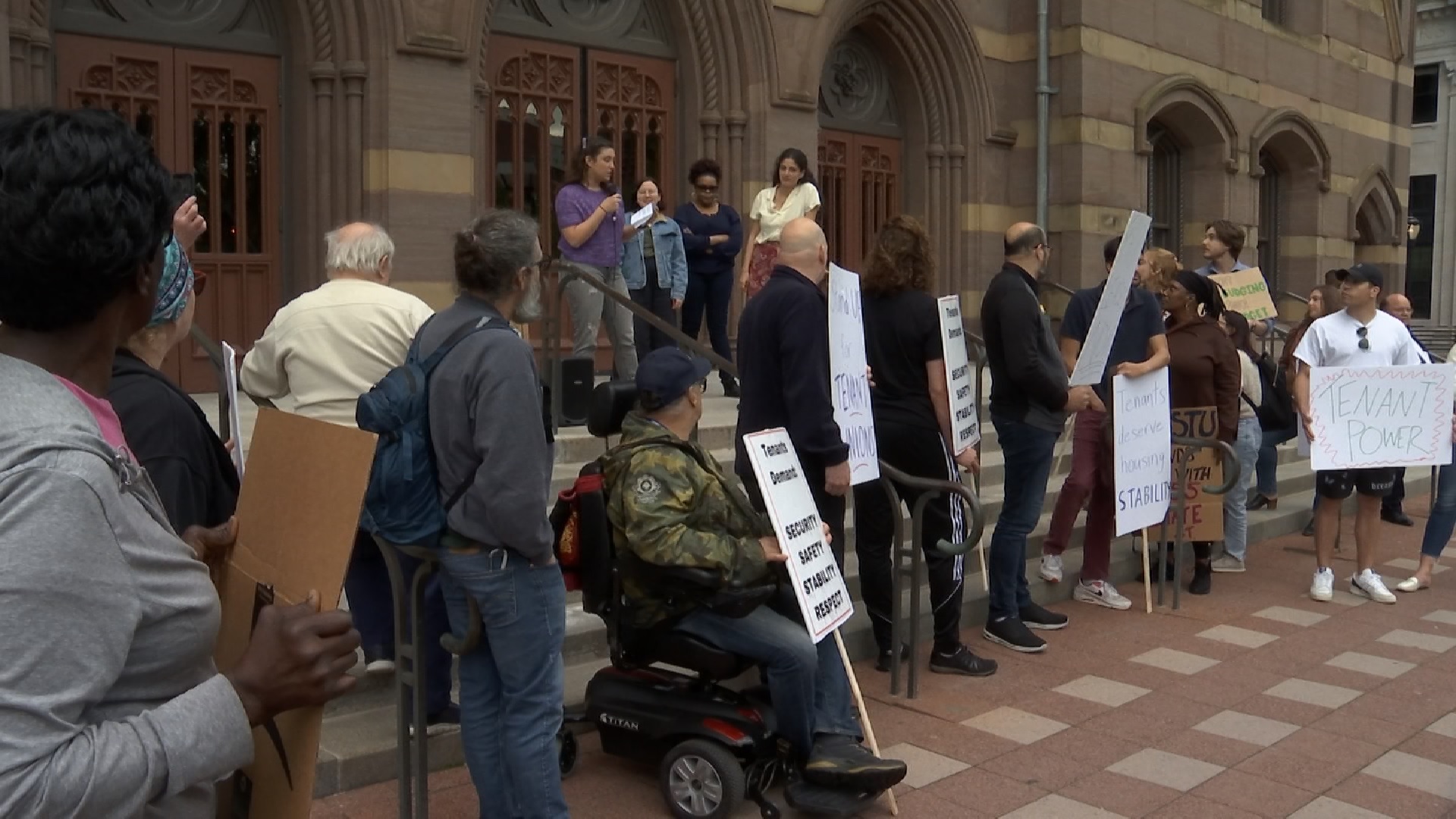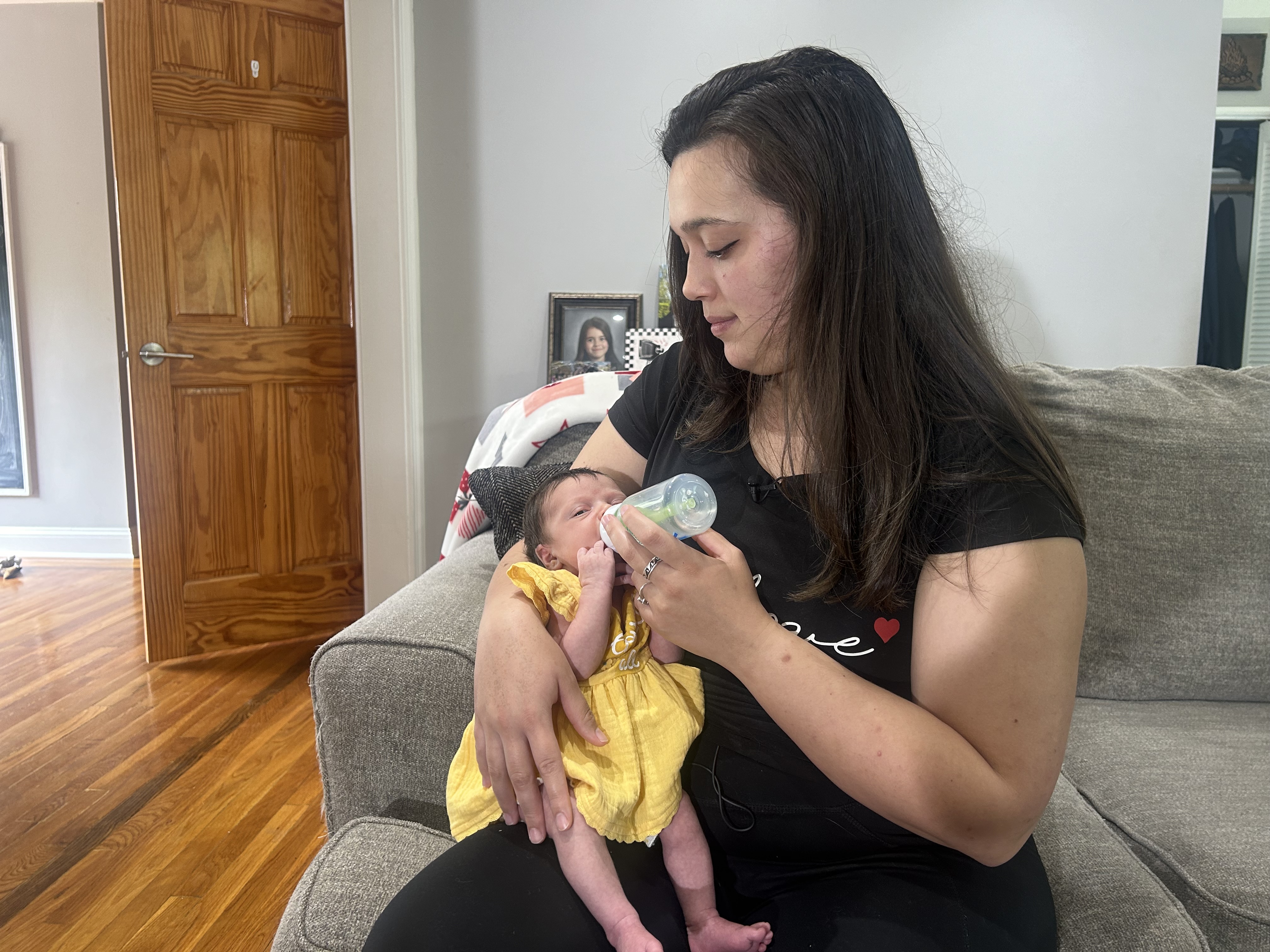The 911 tapes from the shootings at Sandy Hook Elementary School last December are set to be released the afternoon of Dec. 4 and the State's Attorney says he won't appeal the ruling.
New Britain Superior Court Judge Eliot Prescott ordered the release last week. The tapes going public will include 911 calls placed to the Newtown Police Department on Dec. 14, 2012, according to Newtown First Selectwoman Pat Llodra.
The state's Freedom of Information Commission ruled in September that the recordings should be provided to The Associated Press, but State's Attorney Stephen Sedensky III applied for a stay to hold the release. That application was denied.
Sedensky announced Monday that he will not appeal the ruling.
"After consultation with the Office of the Chief State's Attorney and the attorney for the Town of Newtown who is a party to the appeal in the Superior Court, we have decided not to purse an appeal on the denial of the application for a stay," Sedensky said, in a release.
The 911 tapes will be released on Wednesday. NBC Connecticut has decided not to air the calls or publish them online.
The AP has sought the recordings in part to examine the police response to the massacre, which left 20 first-graders and six educators dead.
"There is no dispute in this case that the audio recordings of the 911 calls made from Sandy Hook Elementary School on December 14, 2012, are public records within the Freedom of Information Act," the court decision states.
Local
The state's attorney called the shooting a case of child abuse and said releasing the tapes would put victims and witnesses at risk and even cause people to doubt using the 911 system.
"Having listened to the audio recordings, the court is confident that the individuals who placed the 911 calls would not hesitate to do so again," Prescott wrote.
The Associated Press' attorney then attacked the broad definition of child abuse Sedensky used and argued that information about minor children was released in the Cheshire triple-murder home invasion case.
"[The] court has reluctantly listened to the audio recordings in camera. Although the 911 callers describe, in a harrowing and disturbing manner, an emergent criminal event that is taking place in a school location where there are obviously many children, the callers do not describe any particular acts of child abuse," the decision said.
Sedensky urged the judge to consider the anguish releasing the tapes could cause for victims' families.
The opinion goes on to state that the court is "deeply sensitive to the fact that the families and friends of those who died in this tragedy, as well as others in the greater Newtown community, may desire that the 911 audio recordings never be released" and that the release will "likely be a searing reminder of the horror and pain of that awful day."
However, the court said, the audio recordings will be made public.
"Release of the audio recordings will assist the public in gauging the appropriateness of law enforcement's response to calls from help from the public," the court said. "In fact, public analysis of the recordings may serve to vindicate and support the professionalism and bravery of the first responders on December 14, 2012, who themselves have undoubtedly been subjected to emotional turmoil and pain in witnessing the scene at Sandy Hook Elementary School."



